2019
Download the 2019 Project Coyote Highlights here.
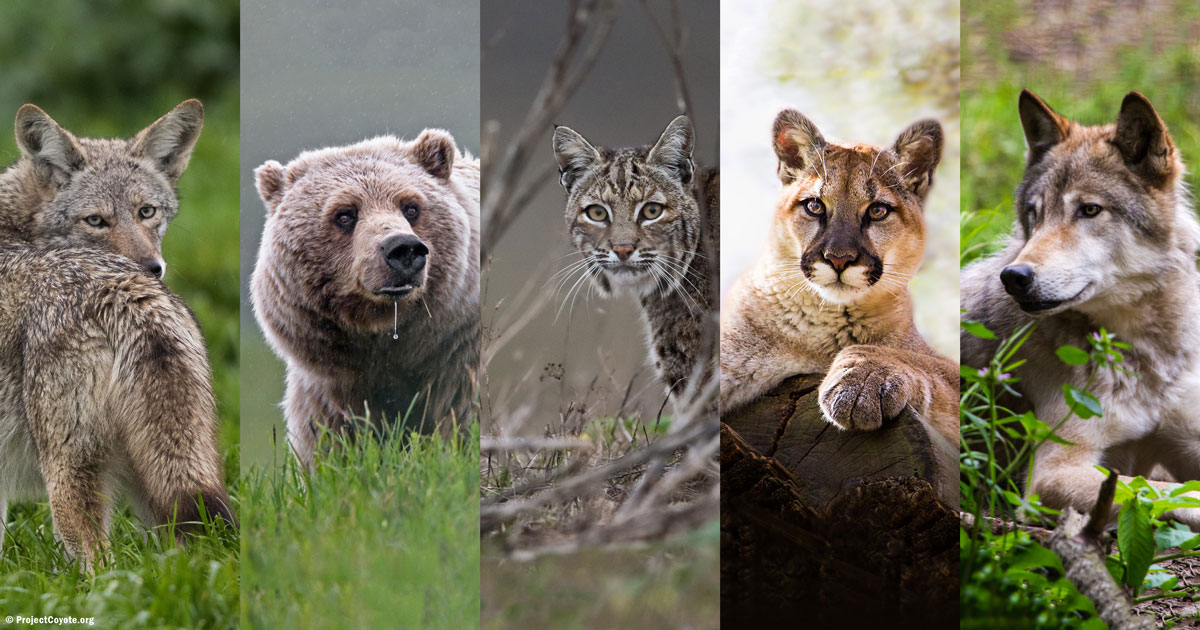
We are three states closer to abolishing wildlife killing contests nationwide. In April 2019, New Mexico banned coyote killing contests, and Arizona outlawed the competitions statewide in June. In the lead-up to the statewide Arizona rule, Project Coyote and our partners worked with five local jurisdictions to pass resolutions condemning killing contests—illustrating yet again how building grassroots momentum can win the day. In December, Massachusetts prohibited killing contests for thirteen species. And our coalition’s efforts to end the Georgia Coyote Challenge succeeded—the Department of Natural Resources did not hold its cruel contest in 2019. We continue to work with citizens and our National Coalition to End Wildlife Killing Contests to end the bloodsport state by state, including in Colorado, New Jersey, New York, Oregon, and Washington in 2020.
We supported efforts that led to the passage of historic wildlife protection legislation in 2019. Oregon abolished the use of cruel and dangerous cyanide devices (M-44s) for killing native carnivores. And California enacted three game-changing laws that end the commercial and recreational trapping of fur-bearing and nongame mammals, the fur trade, and the sport hunting of bobcats. We’ll continue to push for passage in 2020 of a California bill banning the commercial use of certain rat poisons, which have widespread detrimental consequences for wildlife and ecosystems.
As a counter-response to coyote killing contests, Creative Associate Joe Newman developed a coyote photography contest for New Mexicans. The Project Coyote team and our coalition partners followed with the Wisconsin/Minnesota Wildlife Photography Contest. These innovative contests emphasize that we can enjoy competition with a camera lens, not a gun, and appreciate the value of wild animals without killing them for trophies.
And in 2019, we celebrated ten years of protecting North America’s wild carnivores! We rejoiced in our successes and recharged our commitment to Project Coyote’s mission with our friends, supporters, pack members, and dedicated volunteers at the beautiful Durell Vineyard in Sonoma, California. We look forward to the next ten years of fostering compassionate conservation and coexistence between people and wildlife through education, advocacy, and science. Thank you for your support—these are YOUR victories!
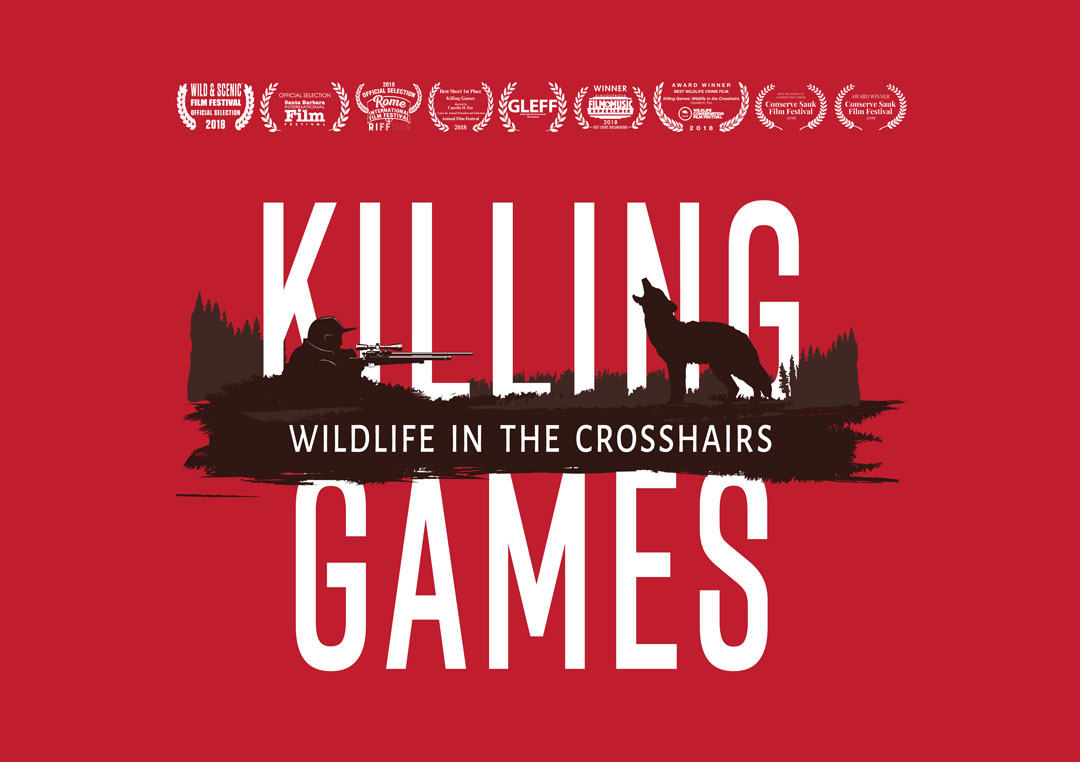
KILLING GAMES ~ Wildlife In The Crosshairs continues to spread awareness about the shadowy world of wildlife killing contests in an effort to bring an end to these gruesome spectacles. Project Coyote’s award-winning film has been screened nationwide from San Francisco to New York City, and continues to win awards—most recently for Best Wildlife Crime film at New York’s Wildlife Conservation Film Festival and for Best Treatment of a Conservation Theme at the Conserve Sauk Film Festival in Baraboo, Wisconsin.
COYOTE FRIENDLY COMMUNITIES™ & KEEPING IT WILD
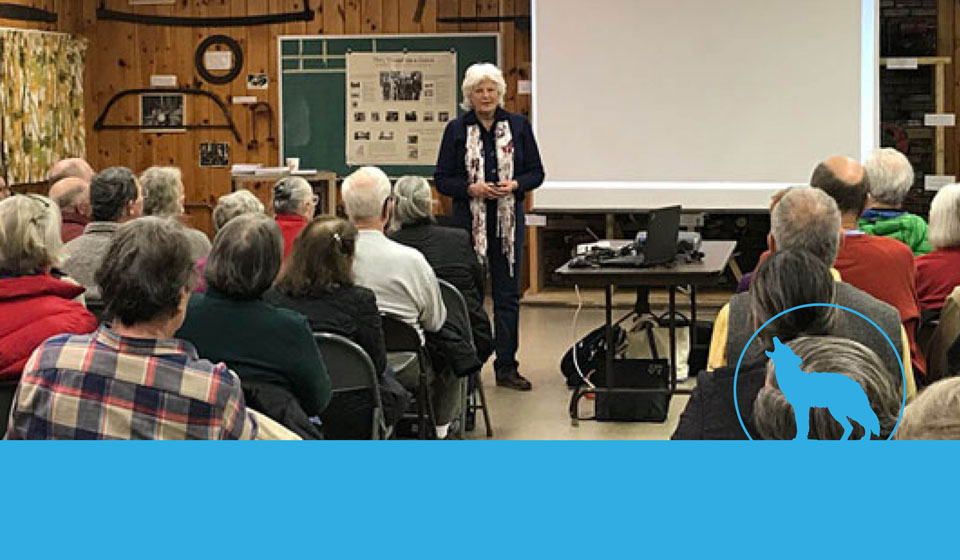
In the past year, Project Coyote conducted more than 50 Coyote Friendly Communities and Keeping It Wild presentations and wildlife-related conferences nationwide, reaching thousands of people with our message of coexistence and compassionate conservation.
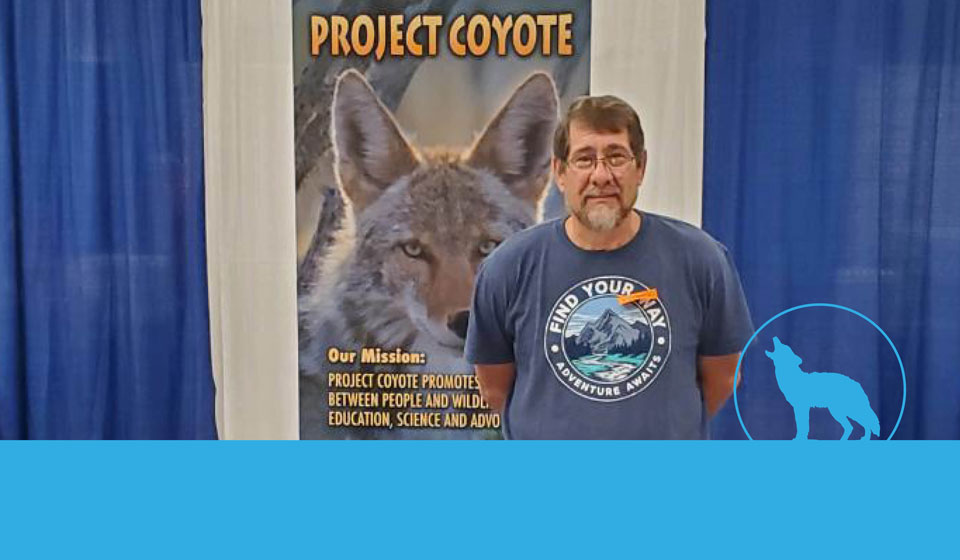
We established an exciting partnership with the National Animal Care & Control Association to develop a program to educate and equip animal control officers across the country to prevent conflicts with coyotes in their communities.
REFORMING PREDATOR MANAGEMENT
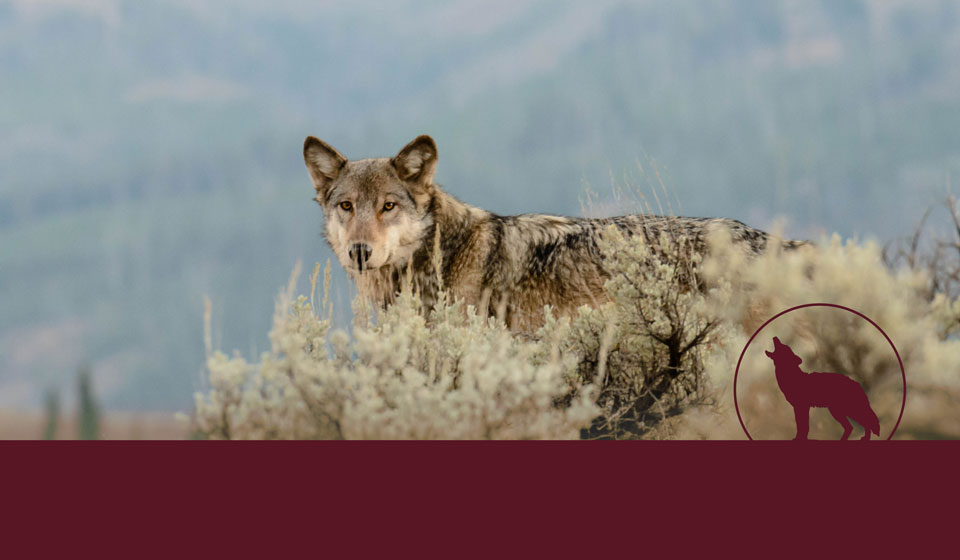
Project Coyote campaigned against the federal administration’s proposed rule to remove Endangered Species Act protections for gray wolves. Delisting these beautiful animals would allow states to have open hunting and trapping seasons on wolves, again threatening the species before it has recovered from the brink of extinction. Science Advisory Board member Dr. Adrian Treves was part of a five-member peer review panel that found the proposal ignored scientific findings and was full of errors. We expect the final decision on this proposed ruling in 2020.
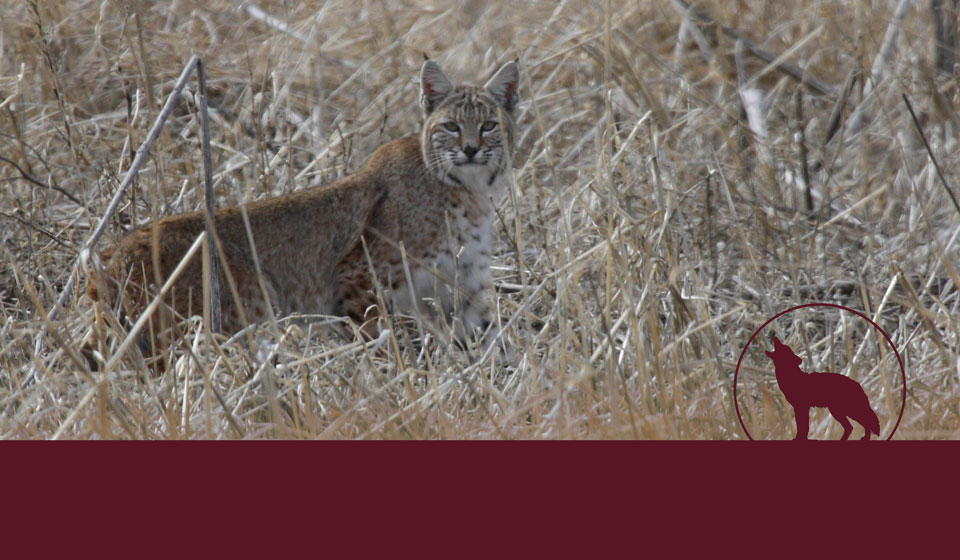
In August, Project Coyote and partners filed suit against USDA Wildlife Services for failure to comply with federal law before implementing its lethal control program in California’s Sacramento District (which encompasses ten counties). The outcome is pending, but in a similar lawsuit in 2017, a California court ruled that Wildlife Services must implement protections for wildlife in Northern California and analyze the impacts of its killing of carnivores and other wildlife in sixteen counties.
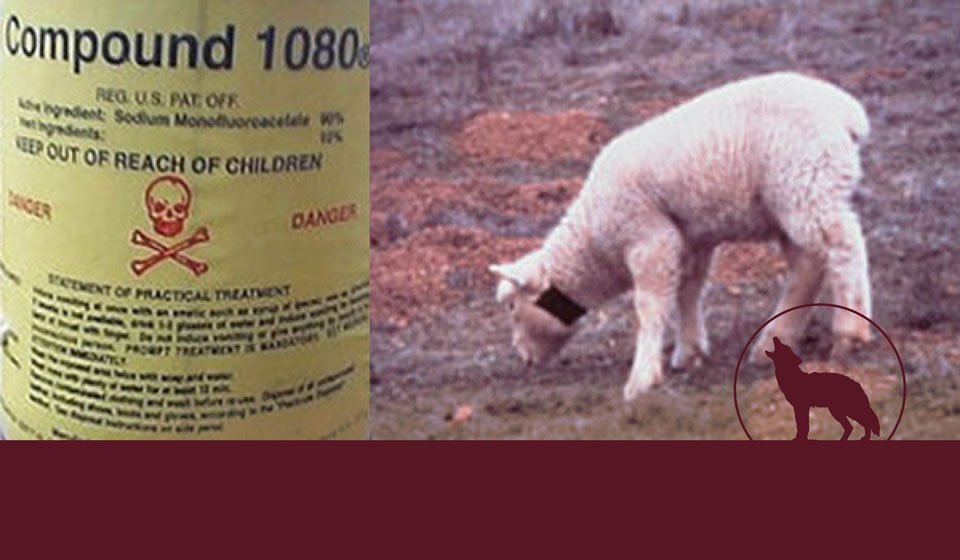
On the national level, federal lawmakers introduced “Canyon’s Law” (H.R. 2471/S. 1301) to outlaw the use of the dangerous poisons sodium cyanide (used in M-44 devices) and sodium fluoroacetate (Compound 1080, used in “livestock protection collars”). The bill is named after Canyon Mansfield, a boy who was hospitalized and whose dog Casey was killed by an M-44 cyanide bomb that Wildlife Services placed near his Idaho home.
RANCHING WITH WILDLIFE
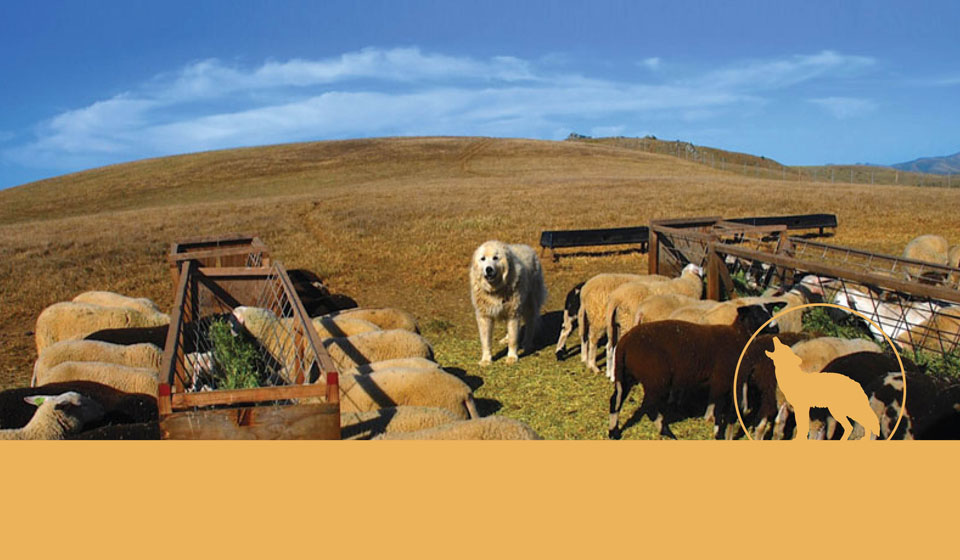
Executive Director Camilla Fox, Ranching with Wildlife Coordinator Keli Hendricks, and Science Advisory Board member Dr. Bob Crabtree served as program advisors for Benton County Oregon’s Agriculture and Wildlife Protection Program.. This innovative initiative funds education for farmers and ranchers about non-lethal methods to prevent conflicts with wildlife and provides grants to purchase and implement non-lethal deterrents.
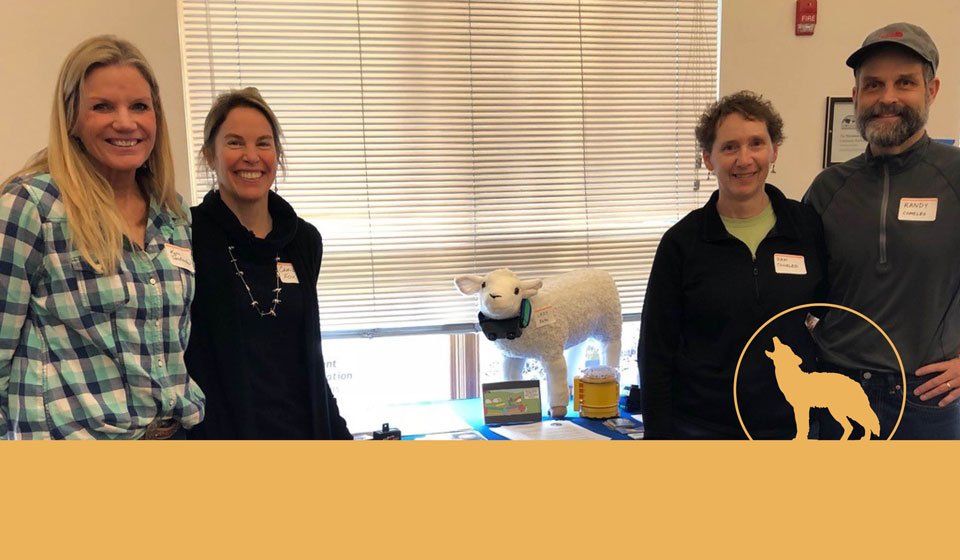
In November, Keli and the Mendocino Non-lethal Wildlife Alliance presented a Ranching with Wildlife workshop in Mendocino County, CA, that showcased good animal husbandry practices and strategic non-lethal predator control methods. In addition, as part of our ongoing effort to shift Mendocino County to resolving conflicts with wildlife using non-lethal methods rather than trapping, poisoning and shooting, Camilla, Bob, and Advisory Board member Don Lipmanson spoke to a full house at a workshop in Caspar, CA.
SCIENCE, CONSERVATION & STEWARDSHIP
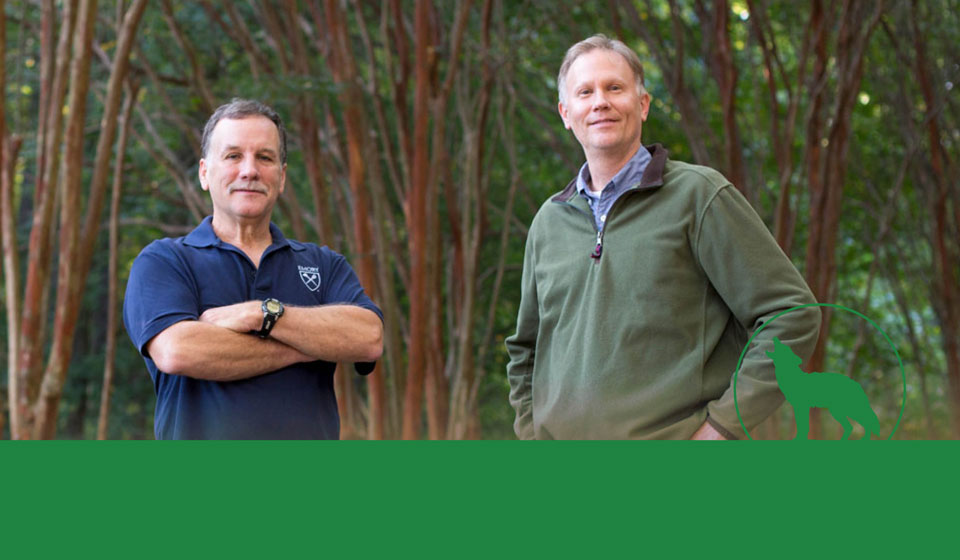
In July, Science Advisory Board member Dr. Chris Mowry co-published the report “Species Richness Within an Urban Coyote Territory,” which details a 24-month study using cameras to monitor an urban green space in Atlanta, GA, inhabited by a coyote pair and their offspring. The study “found evidence of high species diversity, which is contrary to common misconceptions that portray coyotes as detrimental towards rich community composition,” and supported the conclusion that coyotes did not adversely impact the area.
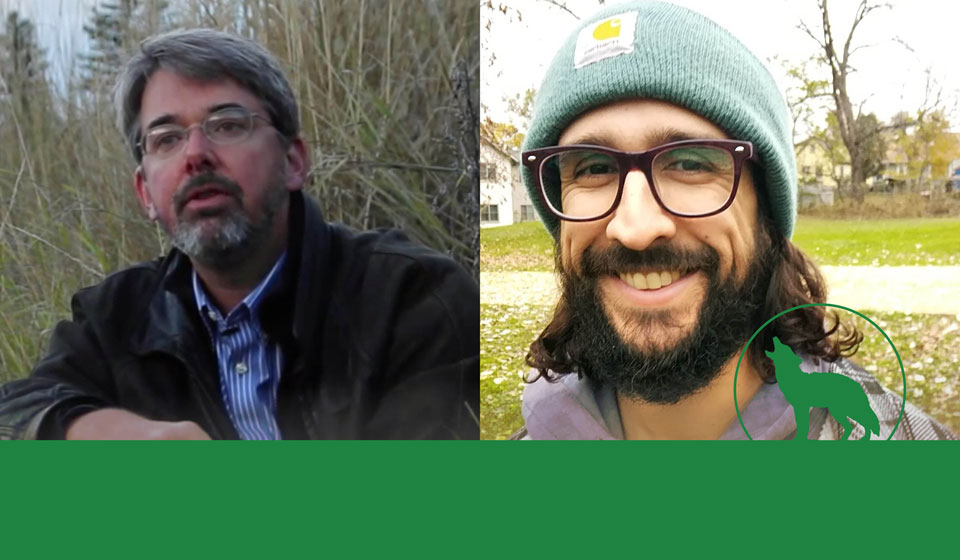
Science Advisory Board members Dr. Adrian Treves and Francisco Santiago-Ávila advocated for carnivore conservation and an end to wildlife killing contests, and presented findings from their research on the use of non-lethal wildlife deterrents to protect livestock and on the importance of considering non-human interests in decisions that impact our planet.
EVENTS, AWARDS, INTERVIEWS AND OUTREACH
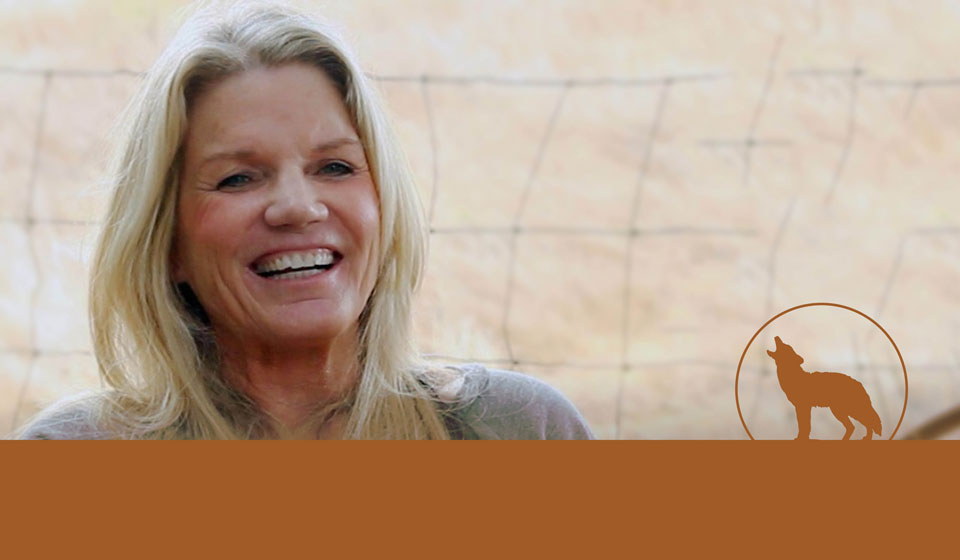
The Paula Lane Action Network presented Ranching with Wildlife Coordinator Keli Hendricks with the 2019 Badger Spirit Award, which honors individuals exemplifying the best in community service and extraordinary dedication to conserving habitat, wildlife and natural resources.
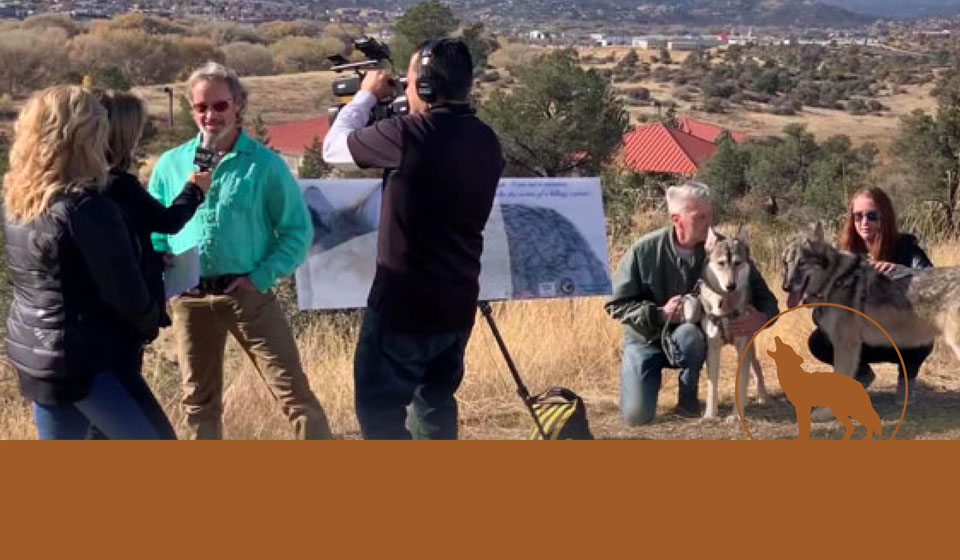
Executive Director Camilla Fox and other Project Coyote team members provided more than 100 TV, radio and print interviews on topics including coexistence, killing contests, trapping, predator conservation, and human-wildlife conflicts. (Details and podcasts are available in the Media Room of our website.)
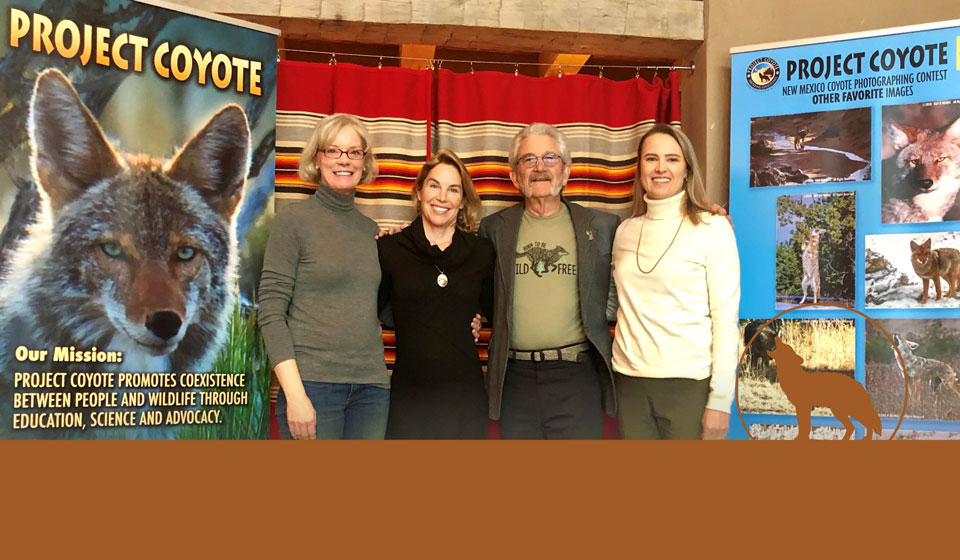
Project Coyote participated in numerous events around the country, including the Martinez Beaver Festival, the Wine Country Optics & Nature Festival, and the Wildlife Conservation Network Fall Expo; presented at wildlife coexistence workshops; and—through the tabling and outreach efforts of our team and volunteers—shared information about coexisting with native carnivores, advocating for peaceful coexistence with our wild neighbors.
ARTISTS FOR WILD NATURE
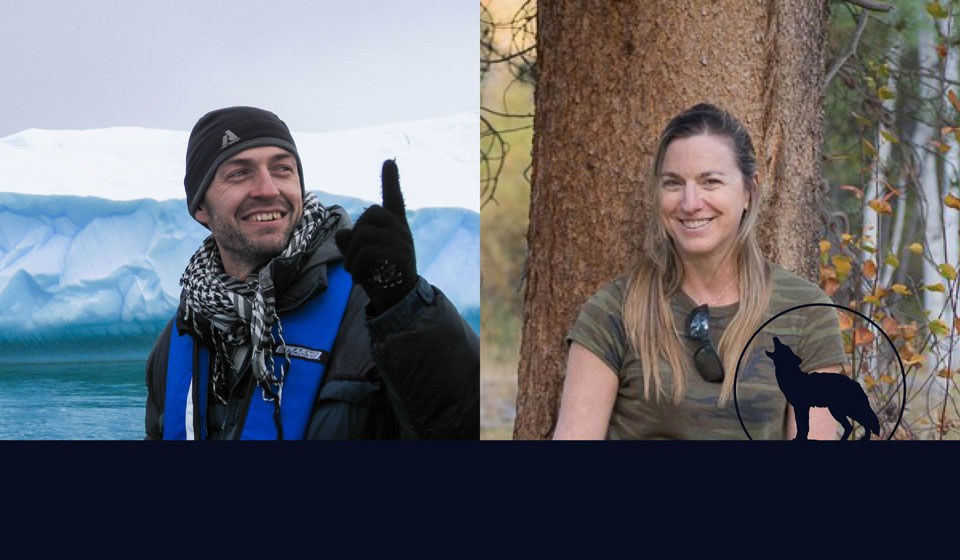
In 2019, Project Coyote welcomed Daniel Dietrich and Melissa Groo as our newest Ambassadors and members of our Artists for Wild Nature team. Both Daniel and Melissa are professional wildlife photographers and writers who use their impressive talents to encourage coexistence and appreciation of our wild carnivores.
